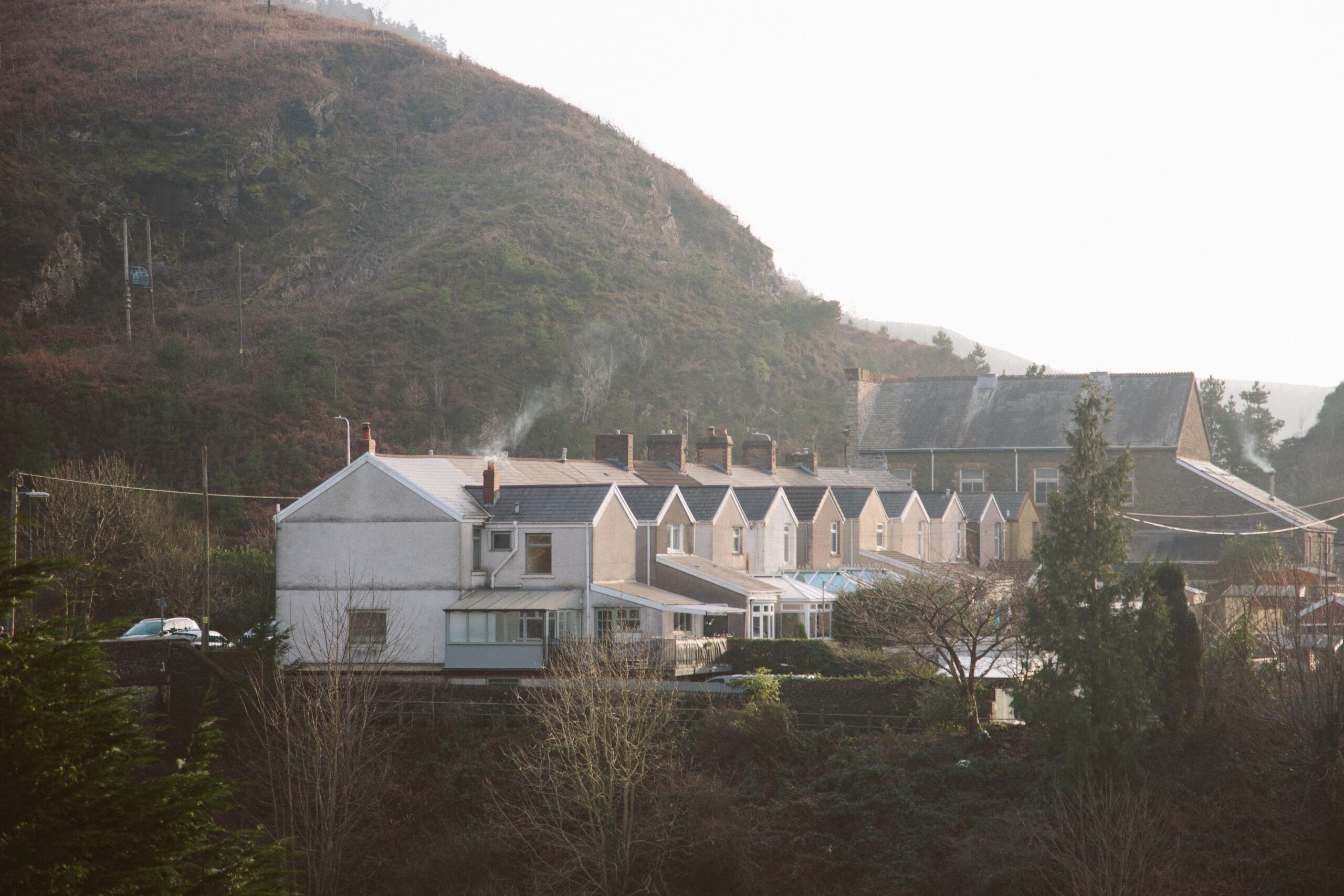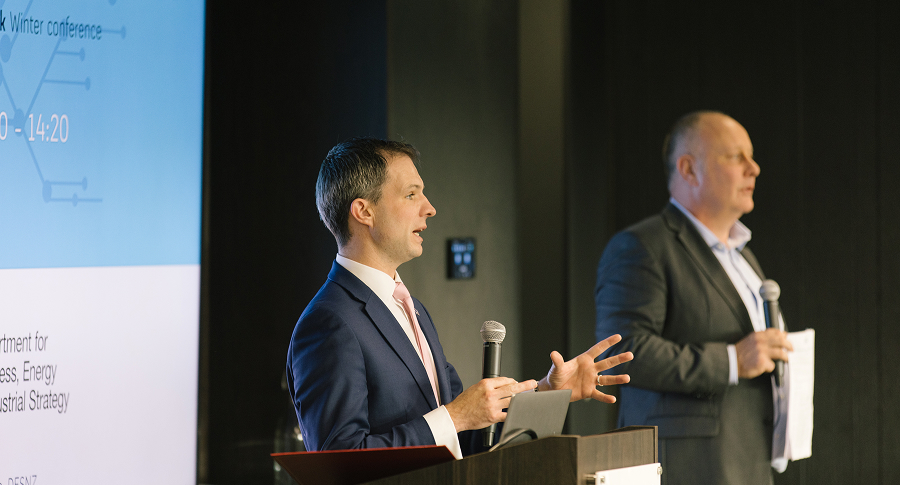This paper proposes that whilst the exact pathway to decarbonising heat in the UK is not yet clear, there are a range of actions that could be taken in the next ten years to shift heat onto the right route to meet our 2050 net zero obligation. We already possess many of the skills and technologies required, but there are a number of significant barriers preventing a spontaneous movement towards low carbon heat on the scale required - a starting impulse is needed.
Energy efficiency and low carbon heating have the potential to radically improve the quality of life of not just the poorest in our society but all residents of the United Kingdom. With the right approach, the decarbonisation of heat can improve health outcomes for millions, create new jobs in manufacturing and construction, reduce air pollution in our cities and reduce the burden on our health service. This, in addition to leading the world in mitigating the climate emergency.
The paper calls on national government and regional bodies to increase efforts to tackle carbon emissions from buildings and to create a consumer led transformation of heat provision.
"We need commitment to improve the fabric of the UK’s buildings which are bottom of the league in thermal insulation. That means getting to grips with zero carbon building standards, and a massive acceleration of energy efficiency measures, both to cut carbon emissions and to tackle fuel poverty.
Fundamental changes are needed to ensure that consumers, tenants and building owners see value in shifting to low carbon solutions. These changes must be accompanied by measures to support those in fuel poverty and protect consumers from bill increases through greater energy efficiency and better heating solutions.
Achieving net zero will require a radical redesign of heat delivery systems. In the next five years we will need to make some critical strategic decisions that will have far-reaching impacts for consumers, businesses and for the wider society. We must not be afraid to make long term investments, but it is vital that these decisions are clearly evidence based and taken in partnership with regional stakeholders and local communities.”
Johnny Gowdy, Regen director and paper co-author
The paper identifies actions that need to be taken now to put the UK on track to achieve net zero well ahead of the government’s 2050 target, including:
- Transforming domestic environmental levies, which account for around 21% of electricity bills, into a new fuel carbon levy
- Increasing the market demand for efficient, low carbon, buildings through the housing market and rental sectors.
The paper also looks ahead at potential heat decarbonisation pathways including, the widespread electrification of heat supply and the use of clean hydrogen as an alternative low carbon heating fuel. The right solution, the paper argues, is likely to be a combination of heating solutions depending on local and regional factors, all of which need to be underpinned by much higher level of energy efficiency.
"Heat is a challenge, but as an engineer I also see tremendous opportunities. Our paper highlights some great examples of technology innovation, new building designs and heating solutions which bring exciting opportunities for innovation, new skills and jobs as part of the wider shift to a low carbon economy."
Mark Howard, Regen project manager and paper co-author
"We welcome this paper from Regen which sets out the challenges we face as a country in decarbonising heat and meeting Net Zero. As the paper makes clear, any solution must put energy customers first – and have their support.
Meeting Net Zero in a way that delivers what customers want and need – affordable, reliable and sustainable energy, while keeping community disruption to a minimum is our focus at Wales & West Utilities and are committed to getting our gas network Net Zero ready by 2035. We’re pleased to see Regen acknowledge the regional approaches that will be needed to decarbonise heat, and the important role green gases like hydrogen and biomethane can play through the repurposing of the existing safe and reliable gas network.”
Chris Clarke, Wales & West Utilities Energy Strategy Director














